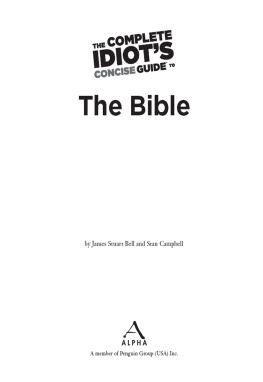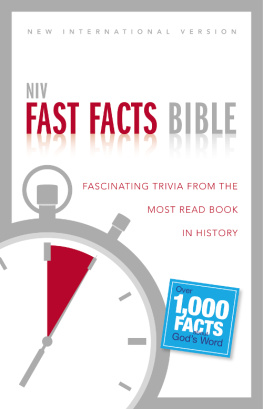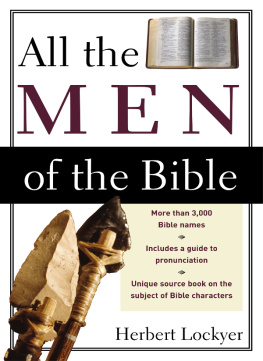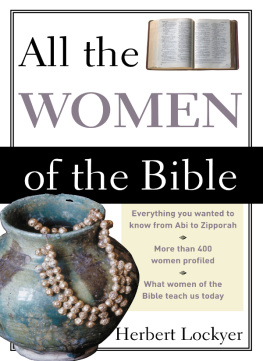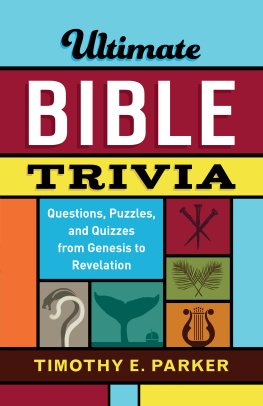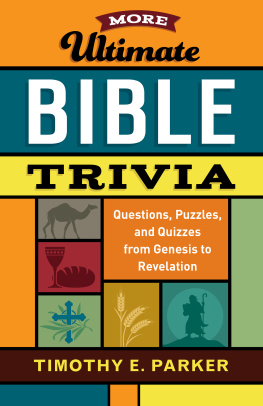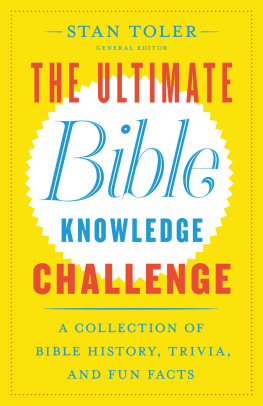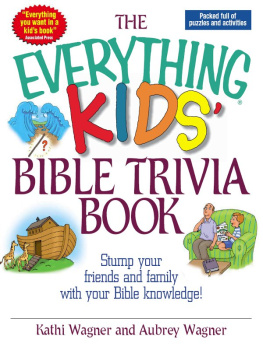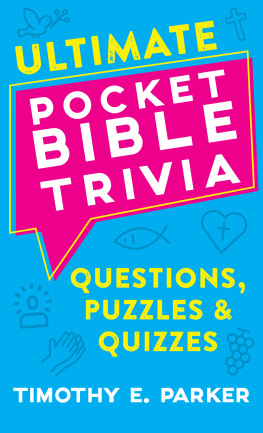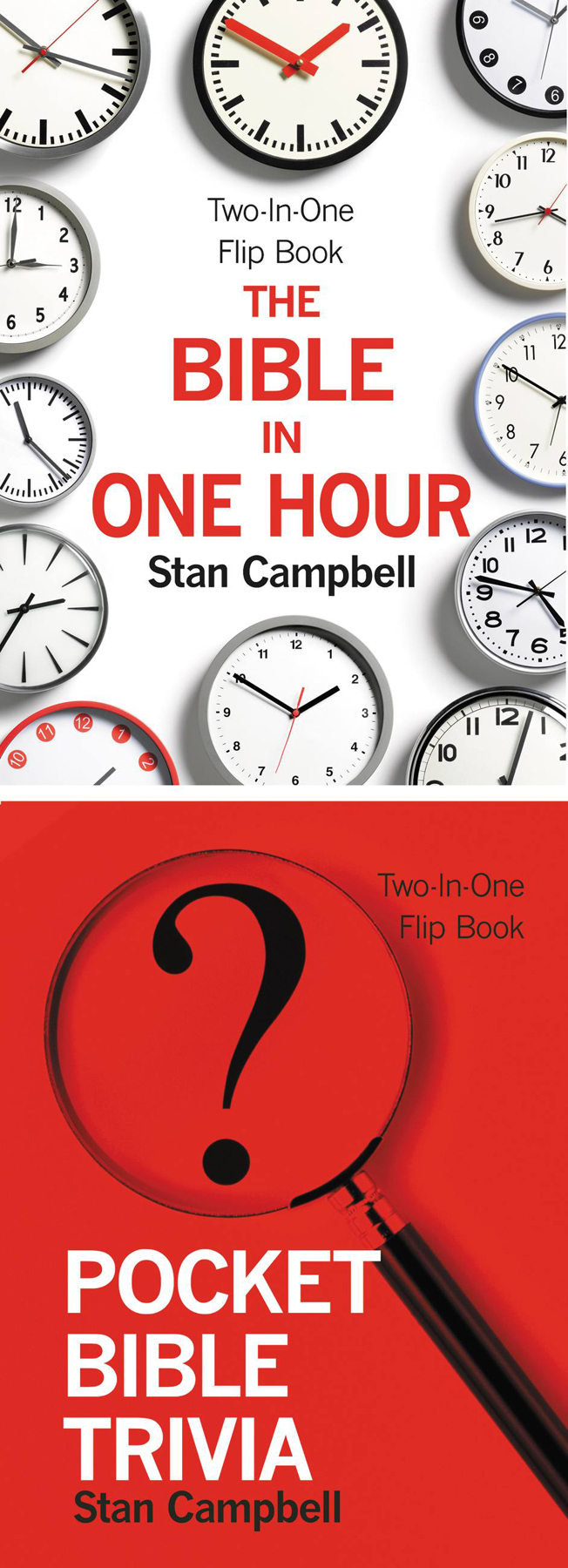Cover copyright 2016 by Hachette Book Group, Inc.
Hachette Book Group supports the right to free expression and the value of copyright. The purpose of copyright is to encourage writers and artists to produce the creative works that enrich our culture.
The scanning, uploading, and distribution of this book without permission is a theft of the authors intellectual property. If you would like permission to use material from the book (other than for review purposes), please contact permissions@hbgusa.com. Thank you for your support of the authors rights.
FaithWords is a division of Hachette Book Group, Inc. The FaithWords name and logo are trademarks of Hachette Book Group, Inc.
The Hachette Speakers Bureau provides a wide range of authors for speaking events. To find out more, go to www.hachettespeakersbureau.com or call (866) 376-6591.
The publisher is not responsible for websites (or their content) that are not owned by the publisher.
Scriptures noted NIV are taken from the HOLY BIBLE: NEW INTERNATIONAL VERSION. Copyright 1973, 1978, 1984 by International Bible Society. Used by permission of Zondervan Publishing House. All rights reserved.
Scriptures noted KJV are taken from the King James Version of the Bible.
C ountless people have set out to better understand the Bible and have sooner or later come away discouraged thwarted frustrated. Certainly the task is a daunting one. Even with the multitude of current translations and paraphrases, the Bible can be difficult to understand. It is thick, occasionally perplexing, and contains no shortage of tongue-twisting names and places.
One common complaint is that the Bible is too ancient. Its events cover a span of 4,000 years or so, and certain portions conjure up dry high school lectures on the Fertile Crescent, Assyria, Babylon, the Greek and Roman empires, and other bygone eras. Knowledge of such topics can be helpful in certain portions of Scripture, but the Bible is so much more than ancient history!
Another common criticism is that its hard to connect the portions of the Bible that we do know. Many people know the basic accounts of Noah, Jonah, Paul, Esther, Samson, Jesus, Abraham, David, and others, but they would be hard-pressed to put the stories in chronological sequence on a time line. In addition, Scripture can seem to be a mlange of history, poetry, prophecy, narrative story, law, and more.
This book is intended to alleviate such problems in about an hour. Woven throughout the Bible is a story line, a plot. We will follow that flow of action from start to finish, from Genesis to Revelation. We wont be able to go in-depth, of course, but we can cover the high points, connecting the dots of what you already know while providing (brief!) historical context.
Then comes the fun part! Once you see the big picture, you can begin to explore various specific portions of Scripture with more confidence. It will take about an hour to read this book, yet plumbing the depths of Scripture is an adventure that will take the rest of your life. You will quickly discover that the Bible is not an old, outdated, irrelevant book. It is the living and active Word of God that continues to speak to people today (see Hebrews 4:12).
I hope the hour you devote to reading this book will be an investment that pays off for years to come. And as you get to know the Bible better, may you also grow closer to its Author.
I ts always good to start at the beginning, yet at the beginning of the Bible we find God already present (Genesis 1:1). The theological belief that God is eternal means not only that he will exist forever into the future but also that he has always existed into the eternity of the past.
Creation (GENESIS 12)
Youll notice that its completely dark as we begin our journey through the Bible. Were also in a place that is formless and empty. But all it takes is a word from God and immediately there is light. Another word, and the sky and earth separate. A few more words, and the new world is teeming with plants, animals, and the first human beings (see Creation, God declares his work good. After humankind is established, however, God evaluates all he has done and deems it very good (Genesis 1:31).
Adam and Eve (GENESIS 2:153:24)
Adam, the first created human, is assigned the task of naming all the animals. In doing so, he notices that for him there is no suitable helper (Genesis 2:20), so God places him in a deep sleep and uses one of his ribs to create Eve. God places them in the Garden of Eden, naked but without shame.
Eden is a paradise. But in time, Adam and Eve do the one thing God has instructed them not to do. After being tempted by a serpent, they succumb and eat of the fruit of the tree of the knowledge of good and evil. As a result, they recognize their nakedness and hide from God.
This original sin initiates a separation from God that has made it more difficult for humans to interact with him throughout the centuries. It results, too, in a curse on the serpent, on Adam (thorns, thistles, and sweat as impediments to future work) and Eve (pain in childbirth and subjection to her husband). But it also results in the Bibles first messianic prophecy: A time will come when a descendant of Adam and Eve (Jesus) will crush the head of the serpent (Satan), even though the serpent will strike his heel (Genesis 3:1419).
Cain and Abel (GENESIS 4:116)
After Adam and Eve are evicted from Eden (to prevent their eating from the tree of life and living forever in a state of separation from God), it doesnt take long for sin to spread. When God rejects an offering from their older son, Cain, and accepts one from their younger son, Abel, Cain responds in a fit of jealousy. He lures Abel into a field and commits the first premeditated murder. When questioned by God, he tries to plead ignoranceto no avail.
Early Personalities (GENESIS 4:175:32)
Soon afterward we come to Lamech, who was the first known polygamist, and boastful as well. But we also read of the first rancher (Jabal), musician (Jubal), and metalworker (Tubal-Cain). And this is where we find the Bibles oldest character: Methuselah, who lives to be 969 years old. With such age spans, its no surprise that people are fruitful and multiply, and the population grows.
But so does sin. People live and die and generally ignore God. Yet a couple of people stand out as positive examples. One is Enoch, the father of Methuselah. We are told, Enoch walked with God; then he was no more, because God took him away (Genesis 5:24). This cryptic statement is better explained in Hebrews 11:5, which tells us that because Enoch pleased God, God didnt require that Enoch face physical death.


